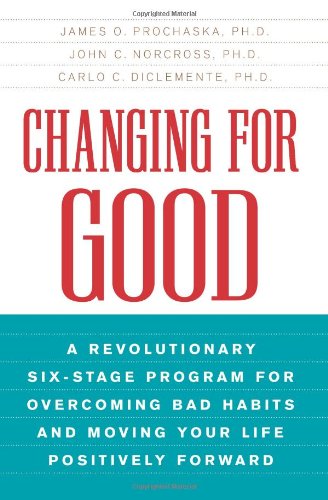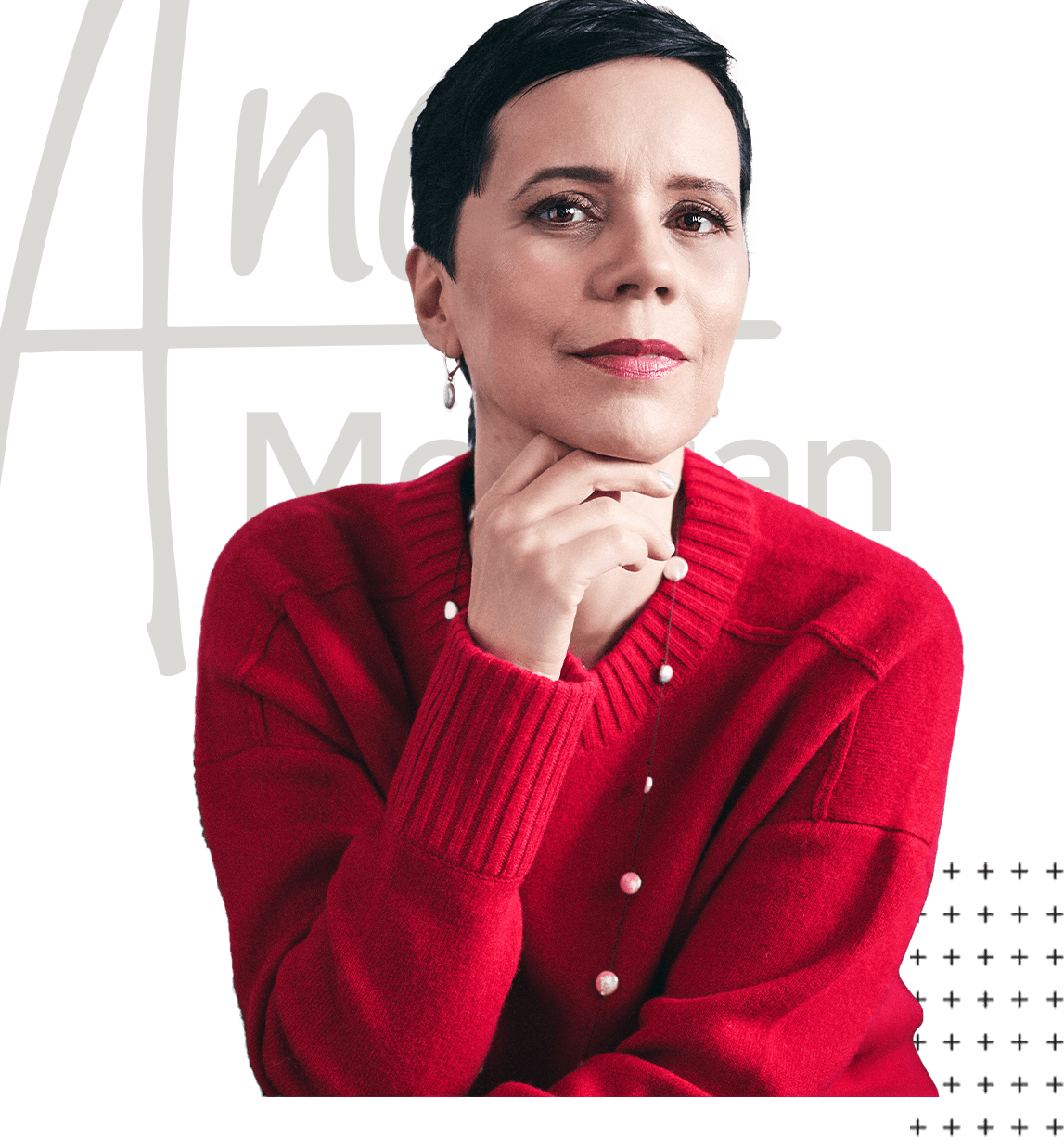Learning and Change
Podcast: Play in new window | Download | Embed
The topic of this episode is Learning and Change – and how can we learn from our relapses, and missteps.
First of all, I want to correct a mistake I did in Episode 23: Understanding Change – and Why Is So Difficult to Change, where I spoke about a specific model to explain change that was developed by a team of psychologists in the 1990s: Prochaska, Norcross, and Diclemente.
I said that according to this model, if someone wants to change a habit or behavior, they will go through a 5-Stage Process.
My mistake was to describe this system with only 5 stages, when the authors speak of 6 stages.
The book that popularized this model, is titled:
Changing for Good:
A Revolutionary Six-Stage Program For Overcoming Bad Habits And Moving Your Life Positively Forward.

When I was publishing Episode 23, I realized my mistake, and I could have postponed the release of the episode. Yet, I decided to go ahead with it, because I’m on a mission to embrace my courage to be imperfect – listen to Episode 16 to know more about this – and I knew I could do another episode to correct that misinformation.
So, for the record, this Change Process is described as a having 6 stages:
Stage 1: Pre-Contemplation
If we are at this stage, we don’t see any need to change.
Stage 2: Contemplation
As the name suggests, we start to realize that there is something that we are better off changing.
Stage 3: Preparation
We start to devise a plan with concrete action steps and implementation dates.
Stage 4: Action
We do it.
Stage 5: Maintenance
We consolidate the new habits, behaviors, and patterns.
And very important:
Stage 6: Recycling – Learning from Relapse
This last stage reminds us that the change is not a linear process, where you go from stage 1, to 2, then 3, then 4, and 5.
There are ups and downs, steps backwards and forwards.
The secret is to keep going, and learn from the relapses.
In fact, Prochaska, Norcross, and Diclemente, speak about several lessons we can learn from this last stage.
For instance, we know that:
– It’s rare to change a habit on our first attempt.
– Trial and error is not a very effective method – instead, learn from other people who have done it, and master the change you are trying to achieve.
– If you relapse, that means that you have done some action. Keep learning, and translating that learning into actions, and you will be able to create better habits in your life.
How does knowing that relapse is common and even a part of the change process, help you move forward?
For me, the lesson is to see a relapse as an opportunity to learn something new.
Pick ourselves up again, and keep moving forward.
This reminds me of a skill that people who achieve big things have developed.
As I spoke in Episode 3: Failure and The Way To Success – we must build a strong failure resilience if we want success.
And as my interview with Andrea Waltz – in Episode 22 – show clearly, the image of the fork in the road – with one road that leads to success and the other to failure – is misleading.
Success happens if we are willing to endure failures (it’s part of the path).








